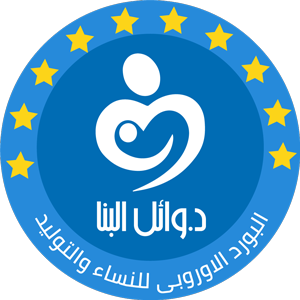What is ICSI and what is the difference between ICSI and In Vitro Fertilization (IVF)?
In IVF, the oocytes are put with the sperms in dishes, and are left in an incubator ,to allow fertilization to occur .
And now with science progress, the ICSI procedure which is more accurate ,in which the oocyte is injected with the sperm under the microscope increases the success rate.
What are the steps:
1-Induction of ovulation with the appropriate induction protocol to produce the largest number of mature oocytes.
2-oocytre retrieval after folliculometry till the oocytes reach the appropriate sizes and maturation.
3-Inject every mature oocytes under microscope with one sperm and then put them in the incubators and follow up the fertilization and embryos division.
4-either transfer on day 3 or day 5 after fertilization or freeze all embryos to transfer in next cycle.
When to do ICSI ?
-infertility due to blocked fallopian tubes.
-decrease number or motility of the sperms, or no sperms in the seminal fluid.
-unexplained infertility.
Advantages:
1-Increase success rates of pregnancy
2-Pre Implantation Genetic Screening (PGS) technique in which the embryos are checked for abnormalities in the number or the structure of the chromosomes or for gender selection before embryo transfer to exclude the abnormal embryos before transfer which increase the success rates
This technique is suggested for the following cases:
-Recurrent failed ICSI trials
-Recurrent chromosomally abnormal embryos
-ICSI trials after age of 40
Disadvantages of this technique is that embryo transfer may be cancelled if all tested embryos were abnormal, in this case the woman will try another trials until she get a chromosomally normal embryo to be transferred.
Disadvantages:
1-multiple pregnancy (Twins)
2-ovarian hyper stimulation syndrome from ovulation induction
